Racing’s finances depend on as many people as possible betting, so it seemed a touch ironic that Responsible Gambling Awareness Week coincided with Ascot’s glorious British Champions Day, a day that showcased almost everything good the sport has to offer.
The Irish genius Aidan O’Brien duly equalled the world record of 25 Group One wins in a season with Hydrangea capturing the Fillies and Mares Stakes. The long-striding Cracksman’s demolition of the Champion Stakes field provided the first Group One victory in Europe by a horse sired by Frankel. Racing’s cheerleader Frankie Dettori celebrated with his trademark flying dismount from both Cracksman and the grey filly Persuasive, on whom he swooped to victory in the Queen Elizabeth Stakes. Both were trained by John Gosden. Was he worried about keeping fillies like Persuasive going to October, he was asked. Not at all, he replied. Fillies go through hell in the spring, coming into season and suffering hormonal problems even worse than those of adolescent boys. ‘Come the autumn, everything has settled down and they can focus on their racing.’ With both Cracksman and the Arc-winning filly Enable staying in training next year, the ever-thoughtful and courteous Gosden is becoming a true figurehead in British racing, a sport that provides employment for 20,000 people. In any other business he would have been given a knighthood long ago.
Just as enjoyable was the victory of the 10–1 shot Librisa Breeze in the Champions Sprint, a significant success for the lesser-known but advancing trainer Dean Ivory and jockey Robert Winston, who had postponed retirement thoughts because he liked her so much. Which brings us back to gambling awareness. Librisa Breeze completed an extraordinary week for her owner Tony Bloom. The chairman of Brighton Football Club, the Premier League new boys who had the night before scored their biggest success yet, Bloom had the previous Saturday seen his horse Withhold, trained by Roger Charlton, land the smoothest coup of the year in the Cesarewitch. Bought in France in 2016 for £170,000, Withhold had been gelded, and despite impressive homework he was not given a full 2017 season. Instead his handicap mark was protected by giving him just one pipe-clearing outing over a shorter distance before the autumn race and the services of the champion jockey Silvestre de Sousa were secured. The 5–1 price in a field of 33 confirmed that a massive gamble had been landed.
Non-racing friends coming across this column regularly ask me two questions. First: ‘Are you a gambler?’ And second: ‘Don’t gamblers always lose, long-term?’
My answer to question one is, ‘No,’ repeated with fervour if Mrs Oakley is listening. I point out that having reached three score years and ten, I no longer lay down wine to mature, and hazarding money on cards or the spinning of a roulette wheel has no appeal for me. But I do bet on horses. Going racing and not having a bet would make me feel like the female character in Kipling who declared that kissing a man without a moustache was like eating an egg without salt.
The answer to question two is effectively, ‘Not if they are Tony Bloom, they don’t,’ confirmed in the book Gambling For Life (Sport Media, £16.99). Neil Harman’s vivid biography of Harry Findlay, the professional gambler who half-owned Gold Cup winner Denman and was once memorably described by trainer Paul Nicholls as ‘a mouth in search of a microphone’, tells how Findlay, who added welcome colour to the jumping scene during Denman’s career, once lost £2.5 million when the All Blacks were knocked out of the Rugby World Cup. In the 1998 football World Cup, he signed over his house for £90,000 to acquire some stake money and turned it into £1.5 million. Most of Findlay’s money, perhaps only temporarily, has gone, but with Tony Bloom, who once shared 42 horses with Harry before they split both as business colleagues and racing partners, it is a different story.
Known as ‘The Lizard’ when he was a world championship poker player, the much quieter, more private Bloom is a maths graduate who typifies the new gambling world of algorithms and computer technology. His Starlizard betting consultancy uses intricate statistical models to calculate football betting odds more accurately than the bookmakers. With dozens of mathematical whizz-kids on board, it treats gambling the way hedge funds treat stocks. First with the help of Findlay but later on his own, Bloom has made a serious fortune from the highly technical ‘Asian Handicap’ football markets, enough for him to have pumped £200 million into Brighton and Hove Albion alone.
Betting is all about finding an edge. The Lizard’s ‘appliance of science’ offers one. We minor punters must settle instead for a horse wearing blinkers for the first time or a jockey who could have had a full book of rides at Sandown going to Musselburgh for a single mount. Then we find later that the blinkers were fitted because the horse is a rogue and that the jockey only went north for his parents’ silver wedding.
Got something to add? Join the discussion and comment below.
Get 10 issues for just $10
Subscribe to The Spectator Australia today for the next 10 magazine issues, plus full online access, for just $10.
You might disagree with half of it, but you’ll enjoy reading all of it. Try your first month for free, then just $2 a week for the remainder of your first year.

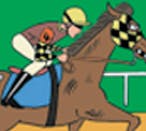
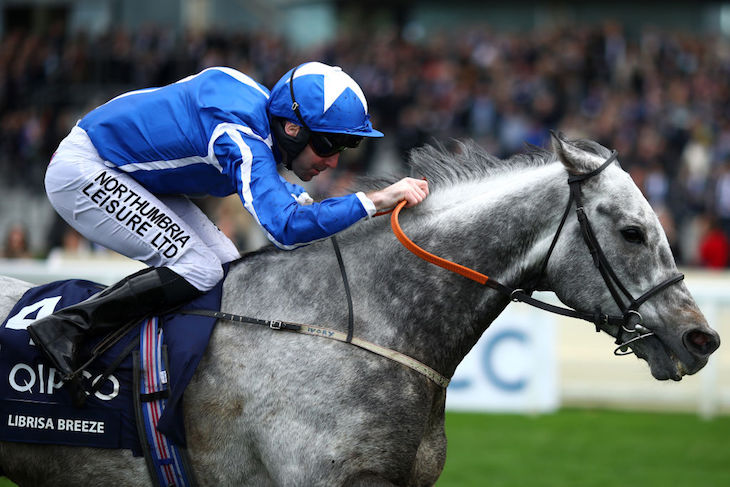
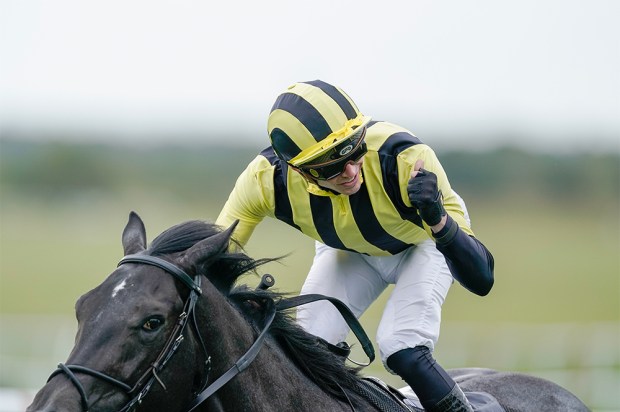
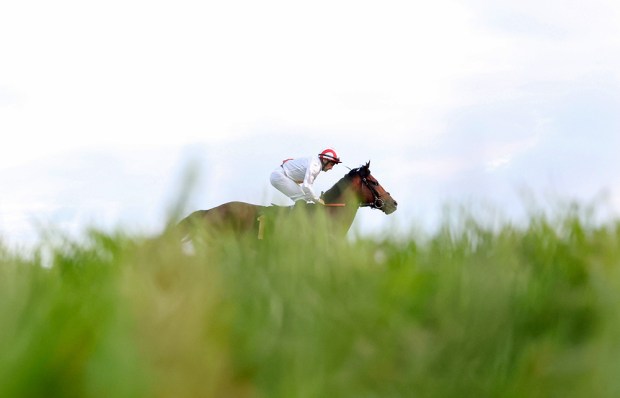
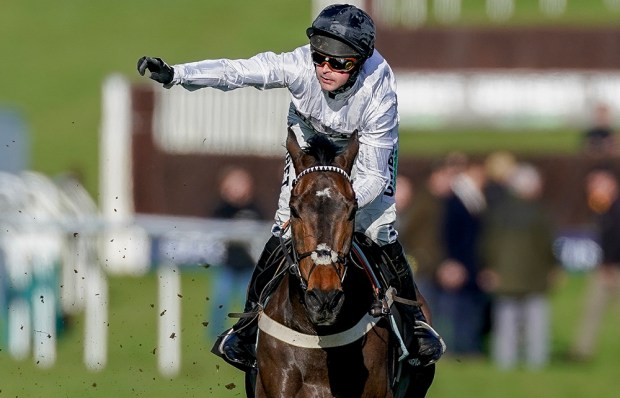
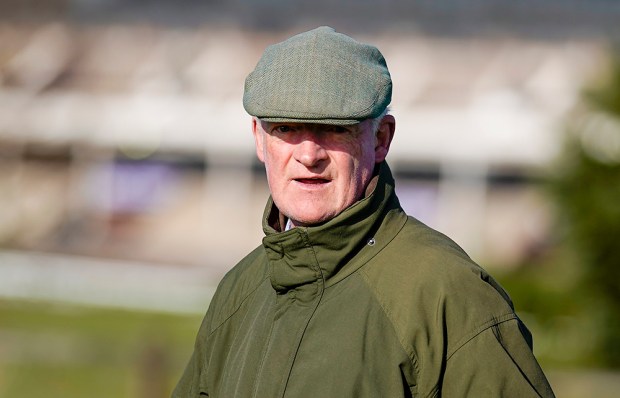

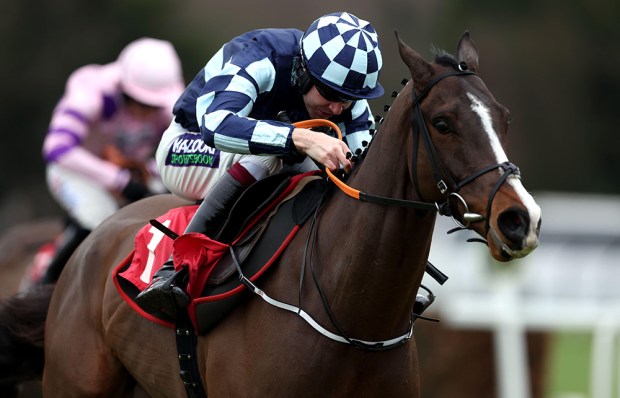






Comments
Don't miss out
Join the conversation with other Spectator Australia readers. Subscribe to leave a comment.
SUBSCRIBEAlready a subscriber? Log in